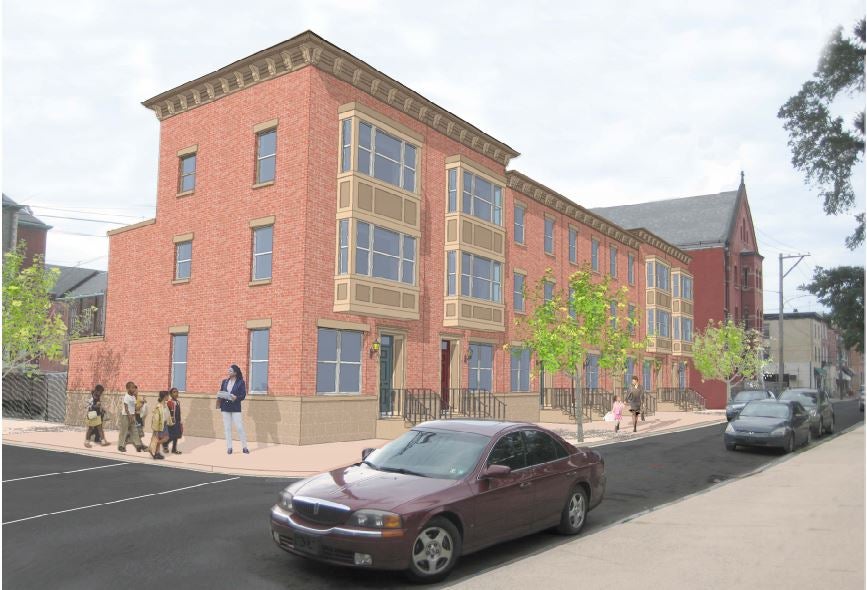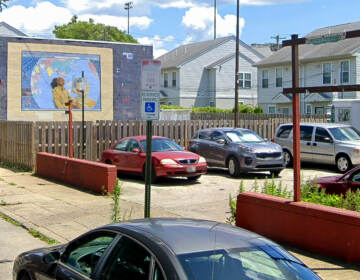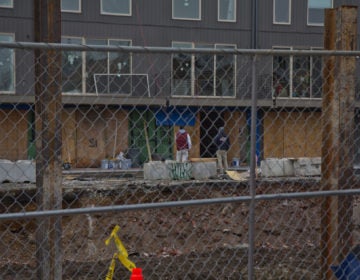Clarke bill provides size and density bonuses for affordable housing developments

Last Thursday, Council President Darrell Clarke introduced five bills aimed at encouraging development on Philadelphia’s ubiquitous vacant land, reducing the city-owned stock of the same, and providing incentives for the construction of new affordable housing.
One of those bills would establish a program of Development Districts—census tracts with high rates of vacant, tax delinquent, or city-owned land—in which city-owned properties could be sold to developers at deep discounts. Clarke introduced that bill originally in 2011. Another would give back to buyers of Sheriff’s Sale properties half of the price paid as long as they complete construction on those properties within 18 months of the purchase.
Another of Clarke’s bills would give zoning incentives to developers who opt to build affordable housing as part of projects containing five or more dwelling units.
In 2007, Clarke introduced legislation requiring developers of projects with 20 or more residential units to make some of those units available to low-income residents. That bill contained a provision saying that the program—called “inclusionary affordable housing”—would not be implemented until incentives were in place for developers. Those incentives have never been formalized.
The new bill amends that program, making it voluntary rather than mandatory. It says that developers who choose to provide affordable housing units may build their buildings taller and closer to the property line than the zoning code currently permits. The precise percentages of the size and density bonuses will be established by the Planning Commission. Members of the Commission were not available for comment on Friday.
Anne Fadullon, a developer at Dale Corporation and vice president of the Building Industry Association, said she believes builders will rally in support of the program. She said that other programs, such as extended tax abatements or land grants, would be more powerful incentives to build affordable housing, but that the current proposal “opens up the possibility of mixed-income communities.”
The bill doesn’t specify how many affordable units developers must build to get the bonuses. It does say that half of the affordable units sold or rented must be occupied by families with an income at or below 80 percent of Area Median Income, and the other half must be at or below 150 percent of AMI.
“For us, it’s a great thing because it’s voluntary, and I think it’s a step in the right direction,” Fadullon said.
Fadullon said that Clarke’s five-bill initiative, referred to as the Rebuilding Philadelphia package, represents a good attitude in city government: “recognizing that the value of these properties is getting them back into reuse, not necessarily the sales price of the properties themselves.”
Contact the reporter at jbrey@planphilly.com and follow him on Twitter @jaredbrey
WHYY is your source for fact-based, in-depth journalism and information. As a nonprofit organization, we rely on financial support from readers like you. Please give today.






